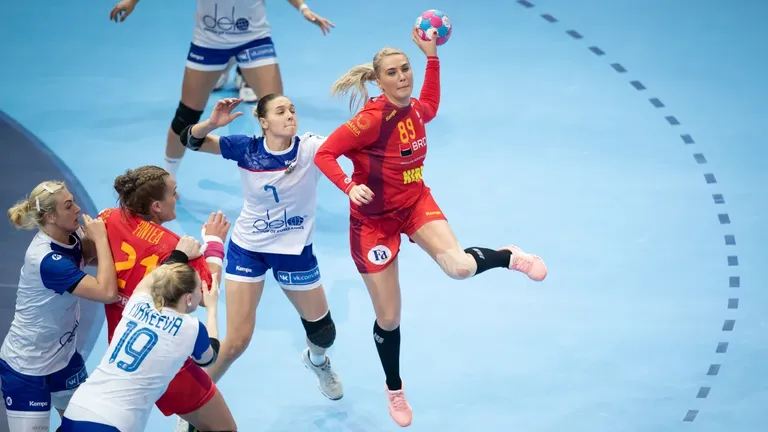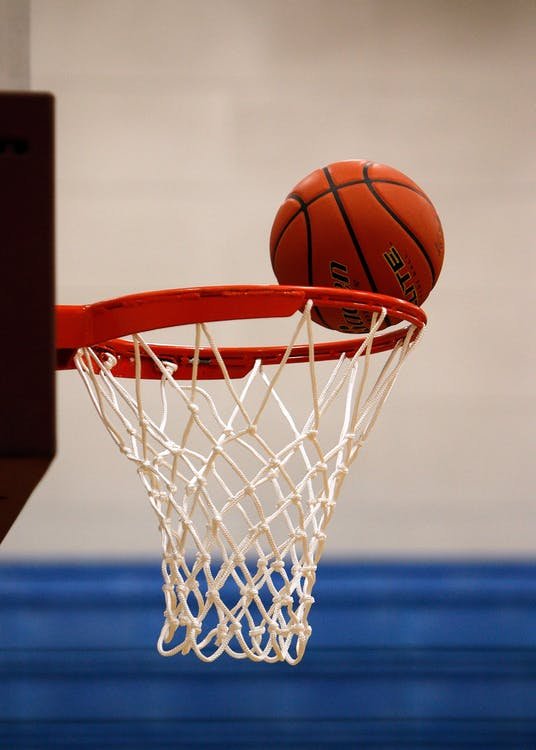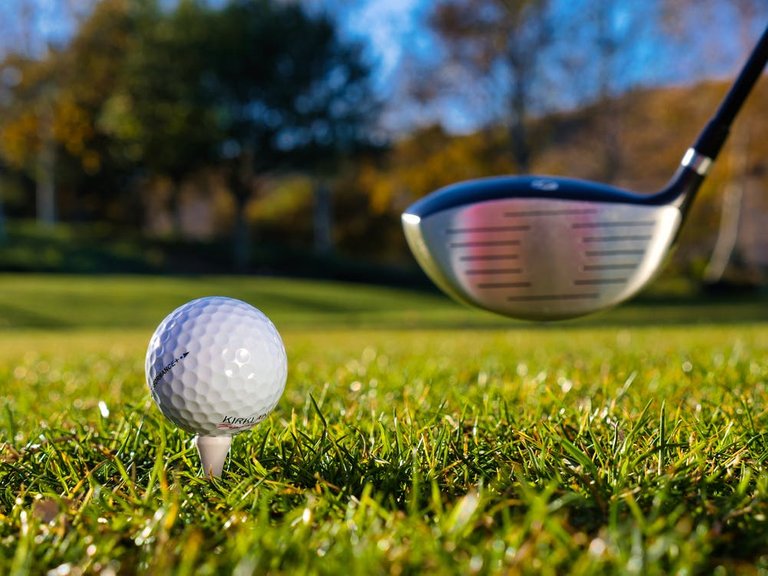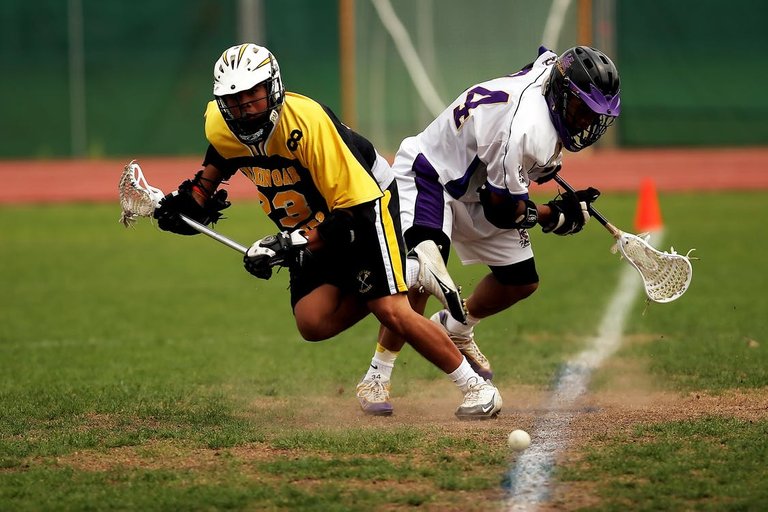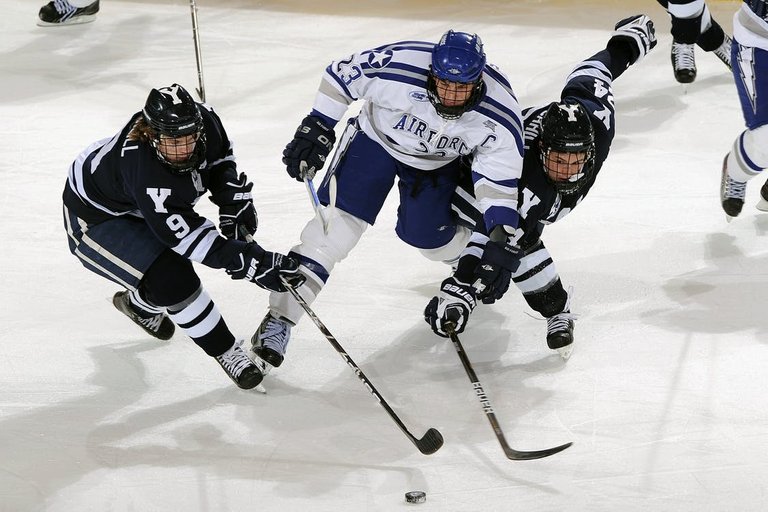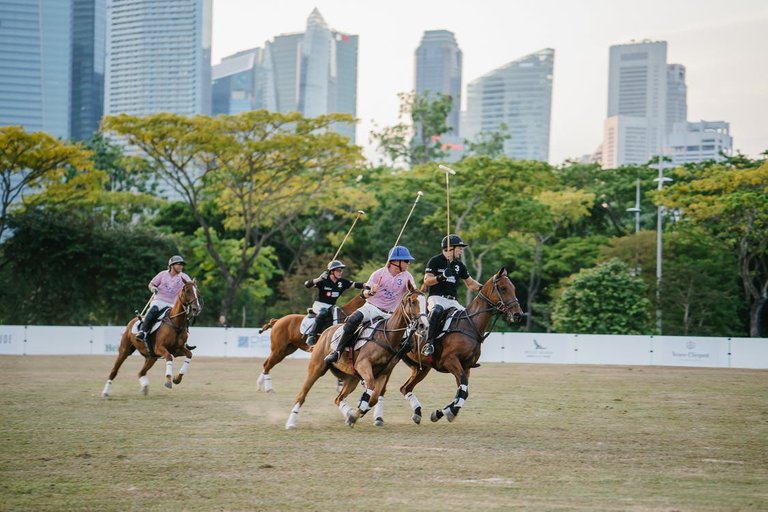Top 10 Origin Stories of Famous Sports
If you love to read origin stories of famous sports, you are in luck. I have compiled a list of the most fascinating stories in the history of sports. From baseball to handball, basketball to golf, I've got you covered. But which sports' origin stories are the best? What makes each one so unique? And do we really know what they mean? Read on to find out! I'll tell you about the origins of the most popular sports, as well as the stories behind the sports' famous athletes.
Origins of baseball
There are numerous theories about the origin of baseball, but a key piece of information is that the sport was first recorded in Pittsfield, Massachusetts in 1791. In the same year, the game gained enough popularity to catch the attention of European scholars. It was not until 2008 that historians were able to find a copy of Bray's diary. This evidence helps explain the earliest known references to the sport. In this article, we look at the most likely sources of information about baseball's early history.
Origins of handball
Handball originated in Ireland. In the 1800s, landowners built ball courts to play the game. Handball was later introduced to England, where landowners used indoor tennis courts. The game gained enormous popularity with Irish emigrants, who also brought the idea of a side wall to play handball. These court structures came to be known as Fives Courts. Locals were often prohibited from playing on the side walls.
Origins of basketball
The origins of basketball date back to 1891, when James Naismith invented the sport. As a child, he played a game called "duck on a rock," and he was a YMCA instructor in Springfield, Massachusetts. He had a vision for an indoor game, and nailed peach baskets to the wall of his gymnasium. The idea was to get a ball into a peach basket more often than your opponent. The game quickly spread throughout the United States and around the world.
Origins of golf
The first known versions of the game began in North America sometime between 1650 and 1660. They were Dutch precursors of golf and consisted of a ball and a stick. The game's popularity grew in the 1770s among British and Scottish communities in the Carolinas and Savannah, Georgia. Ship manifests reveal that large quantities of golf balls and clubs were imported from Europe. This helped spread the game across the world. In the mid-1700s, golf courses started appearing all over the world.
Origins of lacrosse
The Origins of Lacrosse are largely a matter of speculation. While many Europeans attribute the sport to Native Americans, it actually dates back to the early 1600s. When Europeans first encountered the game, they believed it had religious significance. However, the game's lack of Indigenous association was the result of colonization and the erasure of Native American histories. Moreover, when the sport was first standardized, Indigenous players were banned from championships and international competitions by the National Lacrosse Association (NLA) in the 1880s. The formation of World Lacrosse in 1906 largely erased these histories, and the game's association with Native peoples only later became a'religious' sport.
Origins of ice hockey
There are many theories regarding the origins of ice hockey. Some argue that it had antecedents in seventeenth-century Europe, while others contend that it was born in Windsor, Nova Scotia. While the CBC's History of Hockey narrated by Kurt Russell claims that it was created in Windsor, its origins are unclear. Nevertheless, the sport does have a storied history.
Origins of polo
Polo is a horse sport in which two teams of players race forward and hit a ball with a mallet. The game consists of seven-minute periods, called chukkers. The origin of polo is in central Asia, where it was first played by nomadic tribes. Later, the game spread to Persia and became a national sport. Its popularity spread throughout ancient Europe and Asia.
Sources:
- https://www.sportsofyore.com/the-day-a-western-massachusetts-town-banned-baseball
- https://www.yourirish.com/culture/sports/handball
- https://www.britannica.com/sports/basketball
- https://blackbeargolfclub.com/golf-questions-youre-afraid-to-ask-who-invented-golf-and-how-did-it-become-so-popular/
- https://worldlacrosse.sport/about-world-lacrosse/origin-history/
- https://en.wikipedia.org/wiki/Polo
Posted using SportsTalkSocial

